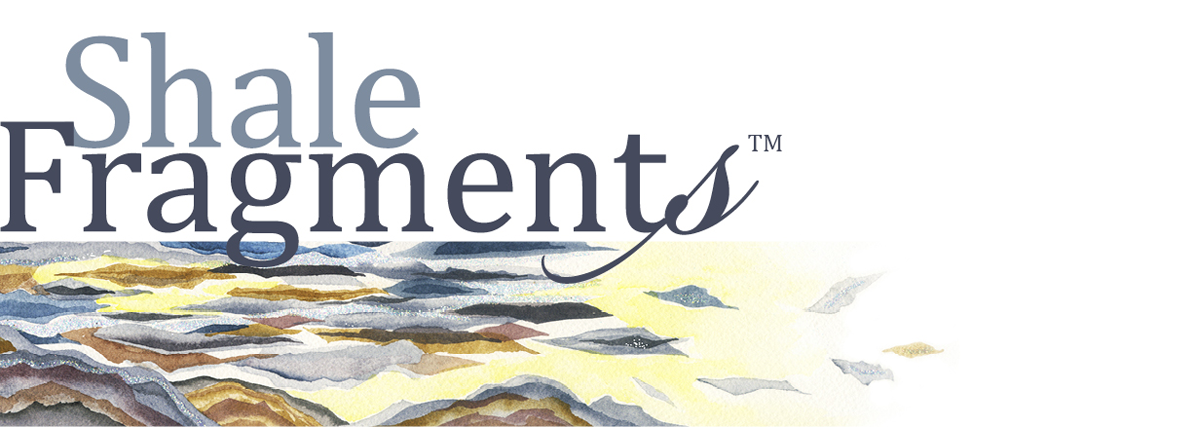Revelation - 2. Overview – Statements and Sources
2. Overview – Statements and Sources
Print the three-page PDF
The book of Revelation or John’s Apocalypse (Unveiling) is a promise of blessing with the purpose of comforting and challenging the First Century, Asia Minor, Jewish Christians (FCAM JC) whom John pastored. It is the announcement and promotion of the gracious salvation of Yahweh’s Kingdom of Shalom meant for those who follow Yeshua (Jesus), the Slaughtered Lamb. In it, God’s Kingdom collides with the kingdom of chaos and darkness, and we learn what it means to live as His Faithful Witnesses (FW) in this world.
Four Statements about the Book of Revelation
- It is a present prophecy. It is a forthtelling, not a foretelling. It is not a prediction of the future. When we understand its application to its original audience, we can then apply it to our lives today and stay protected from speculation.
- It made sense to the first people who heard and read it. They may not have liked it in the same way we may not welcome its challenge, but its meaning was readily accessible.
- It gives an exalted view of Yeshua which was radical in the first century. Messiah, the Slaughtered Lamb, is on the throne with God. Yeshua is Israel’s Messiah for the entire world!
- It is Apocalyptic literature. Therefore, we must understand this unique genre of literature that was pioneered by the first-century Jewish community. God used this genre to communicate the ultimate victory of His kingdom in a world of brokenness and suffering. It is resistance literature against the ruling class meant to subvert power structures and declare that evil would not go unchecked.
The Greek Apocalypso means to unveil, to lift the lid, or to uncover as a surprise. Apocalyptic writing is the most dramatic way to capture an audience’s attention and to burn its message into the hearts of the people, because it draws them into an experience of the senses, like a surround-sound theatre. It uses striking symbols that have three traits: Constant, fluid and repurposed (example: a woman can represent a bride or a prostitute), and transformed for the author’s own use.
These images fall into three types:
-
- Icons – Signs that represent what they signify (such as a trashcan icon on a computer) It is what it says.
Example: Yeshua is described as like a Son of Man, a human; - Indexes – Signs that tells you something as it is changing or being affected (such as a weathervane).
Example: The elders bowing down represent worship; - Symbols – Signs that have been given an agreed-upon meaning by a group of users; (such as our traffic colors red, green, and yellow; we all know what they mean.)
Example: A double-edged sword represents God’s word healing and judging; stars represent angelic beings; and numbers mean more than their numerical values.
- Icons – Signs that represent what they signify (such as a trashcan icon on a computer) It is what it says.
The writing does not give a doom and gloom message. In the first century, the defining event of deliverance that transformed all of time had already taken place in the death and resurrection of Yeshua. His coming is the apocalyptic surprise – the mystery of God revealed!
Historical events are described with their apocalyptic, cosmic, unseen perspective. As an example, Revelation 12 is an account of Yeshua’s birth from Matthew 2 based on the language and imagery of Psalm 2. Compare the two passages: the setting, characters and descriptions, storyline, message, and purpose. Why did Matthew tell this story of the killing of the infants? Why does Revelation tell the story? Let’s take a look:
Revelation 12:1-5
1 A great sign appeared in heaven: a woman clothed with the sun, and the moon under her feet, and on her head a crown of twelve stars; 2 and she was pregnant and she cried out, being in labor and in pain to give birth. 3 Then another sign appeared in heaven: and behold, a great red dragon with seven heads and ten horns, and on his heads were seven crowns. 4 And his tail swept away a third of the stars of heaven and hurled them to the earth. And the dragon stood before the woman who was about to give birth, so that when she gave birth he might devour her Child. 5 And she gave birth to a Son, a male, who is going to rule all the nations with a rod of iron; and her Child was caught up to God and to His throne. 6 Then the woman fled into the wilderness where she had a place prepared by God, so that there she would be nourished for 1,260 days.
Matthew 2:16-18
16 Then when Herod saw that he had been tricked by the magi, he became very enraged, and sent men and killed all the boys who were in Bethlehem and all its vicinity who were two years old or under, according to the time which he had determined from the magi. 17 Then what had been spoken through Jeremiah the prophet was fulfilled: 8 “A voice was heard in Ramah, weeping and great mourning, Rachel weeping for her children; And she refused to be comforted, because they were no more.”
Observations
-
-
-
- Both authors use Scripture – Revelation 12 uses Psalm 2 and Isaiah 27.
- We see Messiah vs. the Serpent; King Yeshua as the rightful heir; King Herod as the dead king.
- The woman represents the people of God or Israel through whom the Messiah came.
-
-
John’s Four Sources
- The Old Testament – John would have memorized the Torah, the Writings, and the Prophets from childhood. He knew them well. In these following passages of Revelation, we find striking similarity to passages in Isaiah, Daniel, Ezekiel, Zechariah, and the Psalms. Following are four examples of many. Compare these Old Testament passages to Revelation. It is a blessing to read these passages together:
- Psalm 2 - Revelation 2:26-27; 12:5; 19:11-16
- Ezekiel 27 about Tyres doom – similar to Revelation 18:1-24 about Rome’s demise.
- Isaiah 54 - Revelation 21:18-21 – the New Jerusalem
- Psalm 2 - Revelation 2:26-27; 12:5; 19:11-16
18 The material of the wall was jasper, and the city was pure gold like clear glass. 19The foundation stones of the city wall were decorated with every kind of precious stone. The first foundation stone was jasper; the second, sapphire; the third, chalcedony; the fourth, emerald; 20 the fifth, sardonyx; the sixth, sardius; the seventh, chrysolite; the eighth, beryl; the ninth, topaz; the tenth, chrysoprase; the eleventh, jacinth; the twelfth, amethyst. 21 And the twelve gates were twelve pearls; each one of the gates was a single pearl. And the street of the city was pure gold like transparent glass.
-
- Isaiah 60 - Revelation 21:22-27 – the character of the New Jerusalem
22 I saw no temple in it, for the Lord God the Almighty and the Lamb are its temple. 23 And the city has no need of the sun or of the moon to shine on it, for the glory of God has illuminated it, and its lamp is the Lamb. 24The nations will walk by its light, and the kings of the earth will bring their glory into it. 25 In the daytime (for there will be no night there) its gates will never be closed; 26 and they will bring the glory and the honor of the nations into it; 27 and nothing unclean, and no one who practices abomination and lying, shall ever come into it, but only those whose names are written in the Lamb’s book of life.
- The Second-Temple Period Jewish Literature found in the Dead Sea Scrolls at Qumran.
- Greco-Roman Mythology – John engages with these images familiar to the FCAM JCs and reuses them to tell the Gospel and turn them on their heads.
- The Christian worship and visions at the time.
Shale Fragments™ - devotionals by Beth Ann Phifer is a division of Flower Girl Greetings, LLC. ©2023, All Rights Reserved.
Blessings and love in Him,
Beth Ann
When you subscribe to the blog, we will send you an e-mail when there are new updates on the site so you wouldn't miss them.

Welcome to Shale Fragments, a collection of writings and art for individual and group use!
Teaching God’s truth and the beauty of His Word is my greatest delight! My art card company, Flower Girl Greetings, was launched in 2012 with this purpose. In April 2020, ShaleFragments.com became the gathering place for the writings.
As I have studied the rich meanings of the original Greek and Hebrew languages of the Bible, I continue to see beautiful progressions and connections that compel me to organize and convey their life-changing beauty!
Please click on each category to access a list of contents or scroll through the posts. To receive Shale Fragments updates, please subscribe here.


Comments